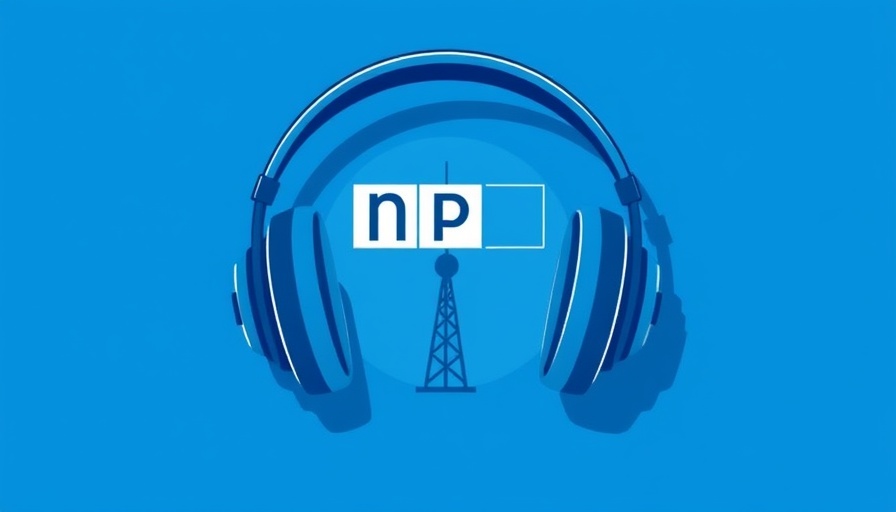
Unpacking the Foundation for Government Accountability's Impact
The Foundation for Government Accountability (FGA), a conservative think tank based in Florida, is making waves across the United States, aiming to fundamentally alter the landscape of public assistance. Their recent efforts have attracted attention, particularly as they support legislation that seeks to establish work requirements for Supplemental Nutrition Assistance Program (SNAP) beneficiaries, limit Medicaid eligibility, and control what can be purchased using these benefits. With an ideological commitment to reducing government spending, FGA's initiatives can lead to significant implications for millions of Americans who rely on these safety nets.
The Context of Public Assistance in America
In the current landscape, approximately 42 million individuals benefit from SNAP, which has long been a safety net for low-income families. The program was designed to combat food insecurity, yet FGA insists on reshaping its functionalities under the premise of encouraging personal responsibility. This has started a national conversation that transcends partisan lines—bringing to light the actual impact of these changes on vulnerable populations.
Legislation on the Rise: A Realignment in SNAP Regulations
Recent legislative actions, including Arizona's proposed bill to restrict SNAP purchases to exclude soda and other sugary foods, are a testament to FGA's influence. While Health and Human Services Secretary Robert F. Kennedy Jr. publicly championed this effort, it ultimately faced political setbacks. Nevertheless, similar legislative movements are cropping up in a multitude of states, as Idaho and Utah have enacted restrictions on unhealthy food purchases. These developments raise complex questions concerning access to nutritious food and government intervention in personal choices.
Criticism and Support: A Divided Perspective
Supporters of FGA argue that their proposals are about fiscal responsibility, aiming to streamline public assistance programs and ensure they serve their intended purposes. They contend that by implementing work requirements and limiting the types of food eligible for purchase under SNAP, the agency reinforces a culture of self-reliance. However, critics see this as a potential lifeline cut-off for communities already facing economic challenges. The debate raises ethical questions: should government policies dictate dietary choices for low-income citizens?
Real-world Implications for Families and Communities
The ramifications of FGA's initiatives extend beyond legislation; they penetrate the everyday lives of families who rely on SNAP and Medicaid. With ongoing amendments and reforms, many households face uncertainty regarding their access to basic nutrition and healthcare services. The stress of navigating evolving regulations could exacerbate existing health disparities, particularly within vulnerable demographics.
Future Predictions: What Lies Ahead for Public Assistance?
As the nation watches closely, the future of public assistance programs hangs in the balance. Should FGA's initiatives succeed, we may see transformed structures within SNAP and Medicaid that could favor tax savings over essential aid. It raises the question—where does the responsibility lie for ensuring food security and healthcare accessibility in a society that often leans toward privatization?
Taking Action: Engaging with Legislative Outcomes
Understanding the current shifts in public assistance policy is vital for those in the business and nonprofit sectors who may be directly or indirectly affected by these changes. Engaging with local and state legislators, advocating for equitable policies, and supporting food security initiatives can create a ripple effect of positive change. Exploring creative partnerships between the corporate world and community organizations might catalyze better solutions for those who are economically disadvantaged.
Final Thoughts: The Need for Dialogue
The ongoing conversation about state safety nets and public health requires more than passive observation. As the Foundation for Government Accountability continues its crusade to reshape these critical programs, it’s imperative for business leaders, community members, and concerned citizens to actively participate in the dialogue. Navigating the complexities of public assistance is not just about policy; it’s about recognizing and addressing the human element in these discussions.
 Add Row
Add Row  Add
Add 




Write A Comment